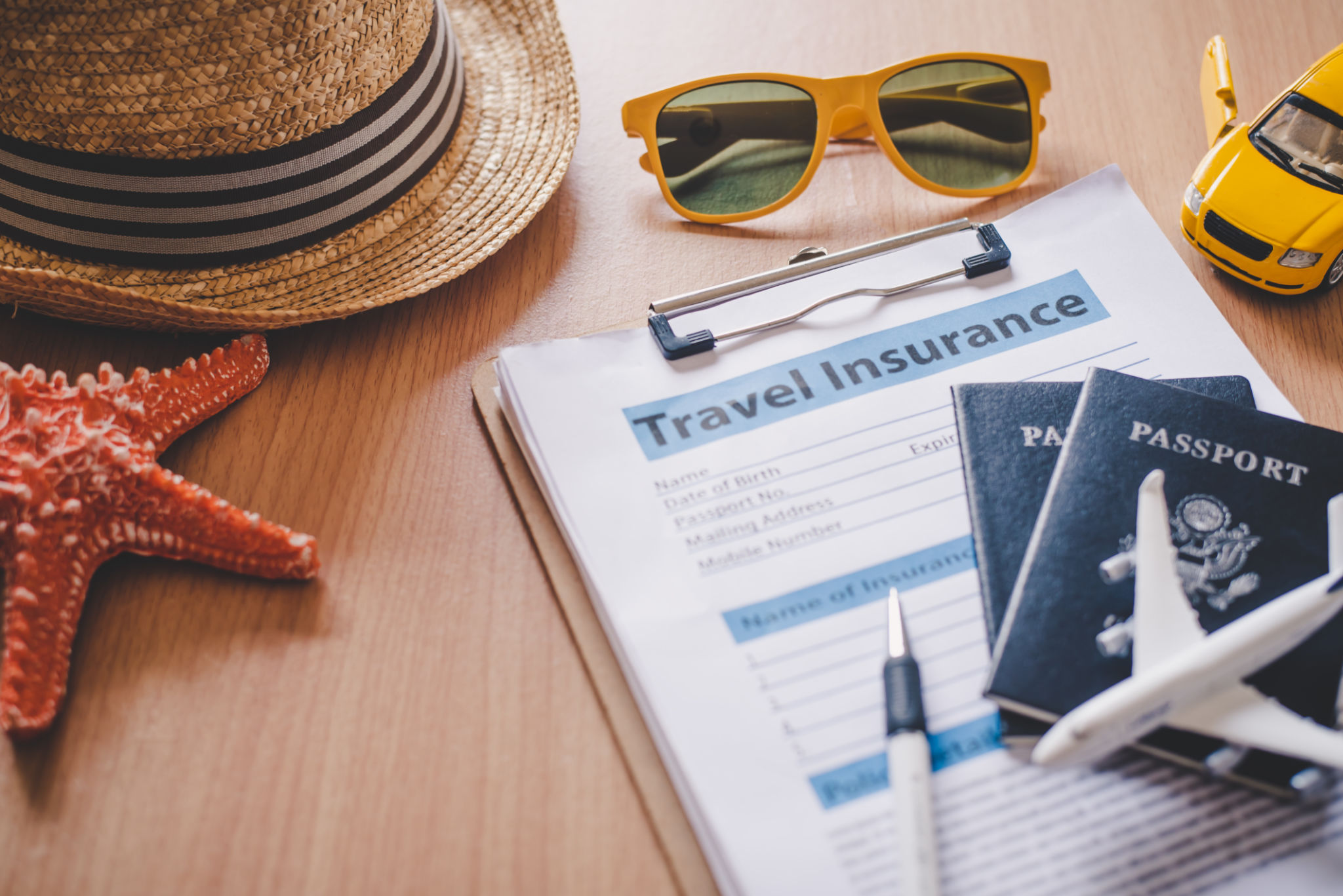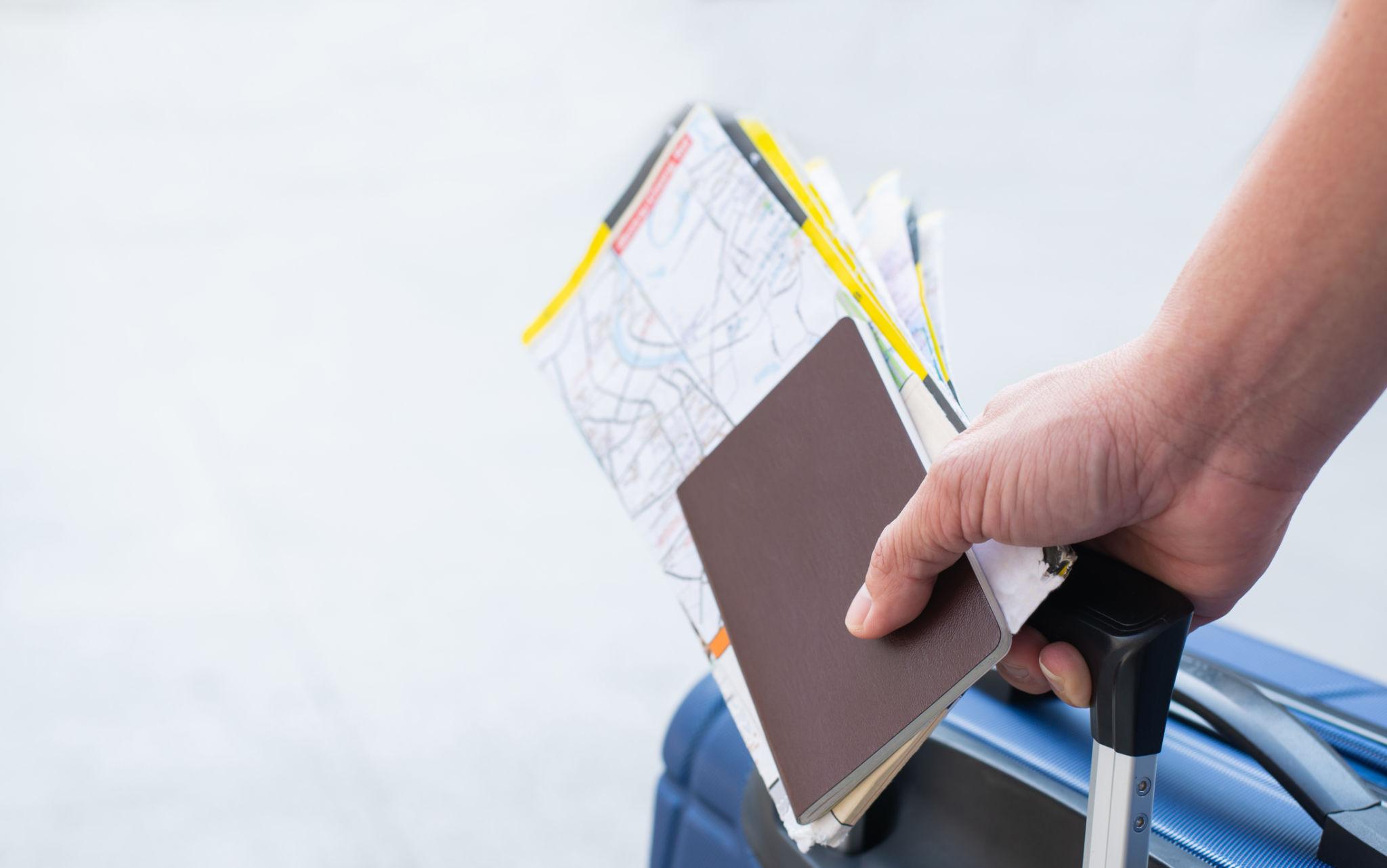Navigating Travel Insurance: What Adventurers Need to Know
Understanding the Basics of Travel Insurance
For adventurers, travel insurance is a crucial component of trip planning. It’s a safety net that can protect you from unexpected events during your journey. Understanding what travel insurance covers, and more importantly, what it doesn’t cover, can save you a lot of hassle and money.
Travel insurance typically covers trip cancellations, medical emergencies, travel delays, and lost or stolen luggage. However, each policy is different, and it’s essential to read the fine print carefully. Knowing the details can help you choose the right plan for your specific travel needs.

Choosing the Right Coverage
When selecting a travel insurance policy, consider the nature of your trip. Are you planning on engaging in high-risk activities such as skiing or scuba diving? If so, ensure your policy includes coverage for adventure sports. Some standard policies may not cover these activities, so opt for specialized coverage if necessary.
Additionally, think about the destinations you’ll be visiting. Some locations may pose higher risks due to health concerns or political instability. Make sure your insurance provides adequate coverage for these potential issues. It’s also wise to check if your policy includes evacuation coverage, especially if you’re heading to remote areas.
Comparing Plans
With numerous options available, comparing different travel insurance plans can be overwhelming. Start by identifying your most important needs and then evaluate policies based on those criteria. Look for reviews and ratings from other travelers to gain insights into the reliability and customer service of different providers.

Understanding Exclusions and Limitations
Many travelers overlook the exclusions and limitations sections of their policies, which can lead to unpleasant surprises. Common exclusions include pre-existing medical conditions, travel to countries with government-issued travel warnings, and injuries resulting from intoxication or reckless behavior.
Make sure you’re aware of any limitations regarding claim amounts. For example, there may be caps on reimbursement for lost luggage or medical expenses. Knowing these details upfront can help manage expectations if you need to file a claim.
The Importance of Documentation
In the event that you need to make a claim, having proper documentation is crucial. Keep copies of receipts, medical reports, and any correspondence related to your incident. This documentation can expedite the claims process and increase the likelihood of a successful outcome.

Utilizing Travel Insurance Effectively
Once you have secured a travel insurance policy, knowing how to use it effectively is key. Familiarize yourself with the claims process before you depart on your trip. Most insurers provide a 24-hour emergency hotline; ensure you have this number handy in case of an emergency.
If you encounter an issue that requires filing a claim, contact your insurer as soon as possible. Prompt reporting can often make the process smoother and faster. Keep all interactions documented for reference.
Final Thoughts
Travel insurance is an invaluable tool for adventurers, providing peace of mind and financial protection during your travels. By understanding your needs, evaluating different plans, and being aware of policy details, you can ensure a safe and enjoyable journey. Always remember that preparation is key to navigating the world with confidence.